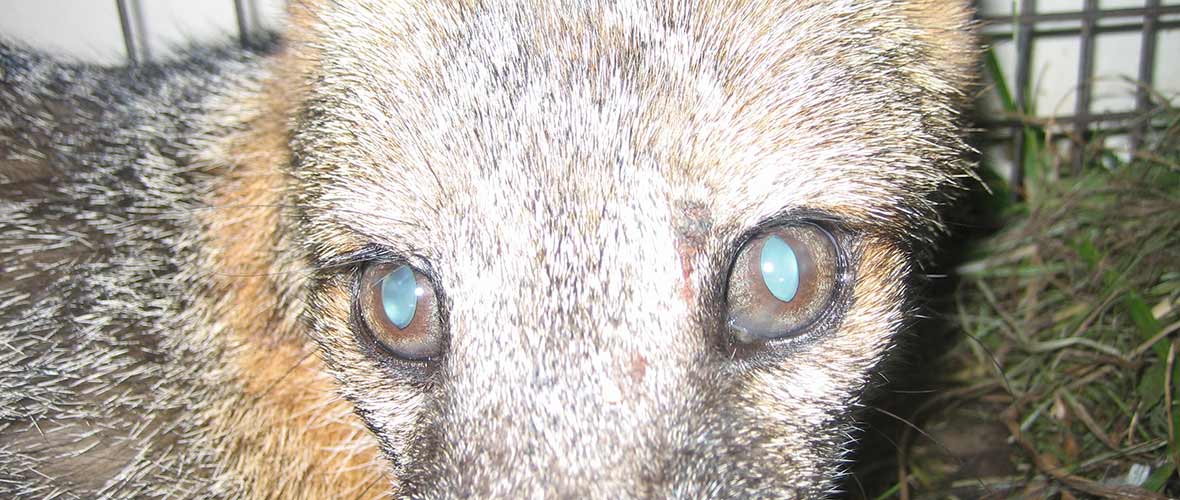- info@Cambridgepestanimal.com
Call 24/7 for a free quote:
617-430-7455
How to Identify Symptoms of Rabies in Massachusetts Humans?
When we talk about rabies, the first thing that comes into our mind is a wild Cambridge animal who is frothing at the mouth. When you encounter such an animal, it can lead to some painful and even life-threatening condition. As per world health organization, almost 59,000 people in the world die just because of rabies infection every year. Reports say that 99% of such cases happened due to the attack of a rabid dog. However, within the past few years, there is a huge decline in the number of cases as medical health experts have developed efficient vaccines to deal with rabies virus in humans and animals as well.

Note that, rabies is caused by a virus that has a direct impact on the central nervous system in humans and Massachusetts animals. Further, it causes inflammation in the brain that sometimes even lead to the death of the affected person. Domestic dogs, rabbits, cats, as well as wild animals such as bats, raccoons, skunks, etc. are capable enough to transfer the virus to humans through scratches and bites. The key to deal with the rabies virus is availing immediate medical treatment.
Most of the Massachusetts people fail to recognize the rabies virus. In order to improve your knowledge base about this disease, we advise going through the details below. Here we have highlighted the potential symptoms associated with rabies virus. Generally, it takes around 12 weeks for human beings to develop the symptoms of rabies after an animal attack. Whereas the incubation period can range anywhere between a few days to even six years. The initial onset of rabies begins with various flu-like symptoms such as muscle weakness, fever, and tingling sensation. It may also cause some feeling like a burning sensation.
When this virus attacks the central nervous system in the human body, it can develop two types of diseases:
Furious Rabies:
Infected Cambridge people that suffer from furious rabies are often found to be hyperactive and excitable with some combination of erratic behavior. The list of symptoms in this category includes:
Paralytic Rabies:
This category of rabies virus takes a longer time to set, and the effects associated with it are severe. Infected Massachusetts people can also become paralyzed with time. Some patients also go into a coma and may even die. Studies reveal that around 30% rabies cases turn out into a paralytic state.
In most cases,Cambridge people get infected with rabies virus due to animal bites. It can be due to dogs and cats in most cases. Rabies virus is generally transferred through the saliva of the infected animal. Chances of human to human transmission are generally rare. However, in order to stay safe from rabies virus, it is good to vaccinate all your pets on time. Prefer to stay away from stray animals and wild animals that show symptoms of rabies. Prevention is always better than cure, and there is no matter of taking a risk with the rabies virus. Contact medical health professionals for instant treatment if you observe any symptom of rabies.
Visit our Cambridge wildlife control home page to learn more about us.

